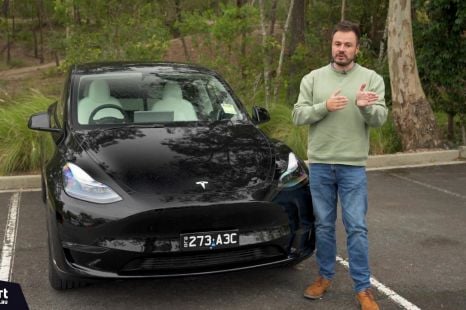

Paul Maric
This Tesla self-drove me 50km to Bunnings on its own (almost)
6 Days Ago

News Editor
Is it the 1990s all over again?
Nissan’s financial situation has gotten dire, with The Financial Times reporting it’s urgently looking to find a long-term, steady shareholder such as a bank or insurance group as Alliance partner Renault looks to reduce its stake.
“We have 12 or 14 months to survive,” a senior official close to Nissan told the publication.
The company reportedly hasn’t ruled out having Honda – with which it announced a partnership in August – buy some of its shares.
100s of new car deals are available through CarExpert right now. Get the experts on your side and score a great deal. Browse now.
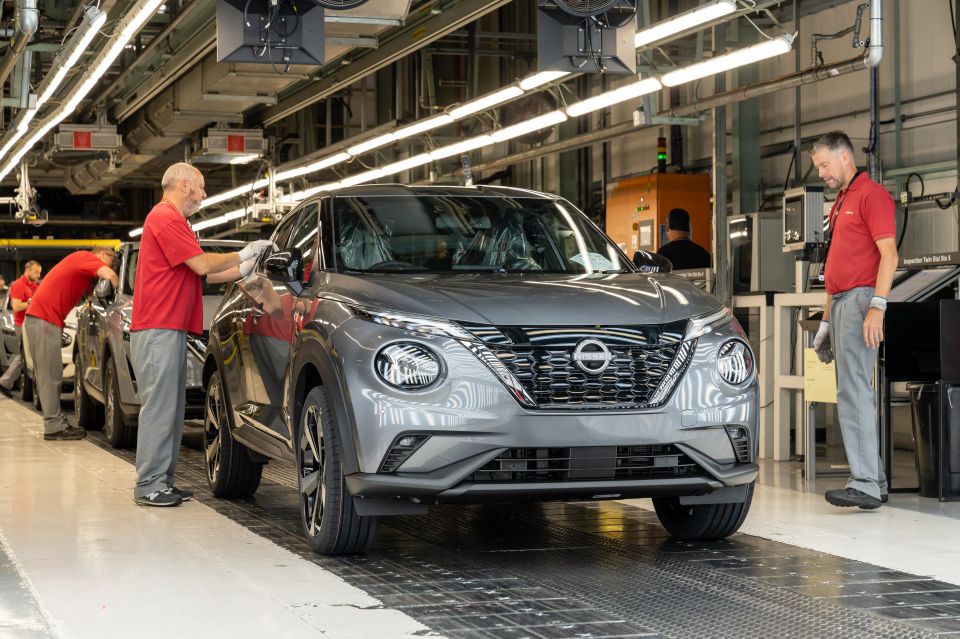
A source close to Renault told the publication that a stronger relationship between the two Japanese carmakers could “only be positive”, and that it would be open to selling a portion of its shares to Honda.
Renault reduced its holding in Nissan from 43.4 per cent to under 36 per cent last year, split between itself and a trust, while retaining a 15 per cent voting stake. It confirmed it planned to gradually reduce its stake in the company.
Additionally, Nissan gained voting rights for its 15 per cent stake in the French carmaker, while confirming it would reduce its stake in fellow Alliance carmaker Mitsubishi from 34 per cent to 24 per cent.
“This is going to be tough. And in the end, we need Japan and the US to be generating cash,” said the senior official close to Nissan.
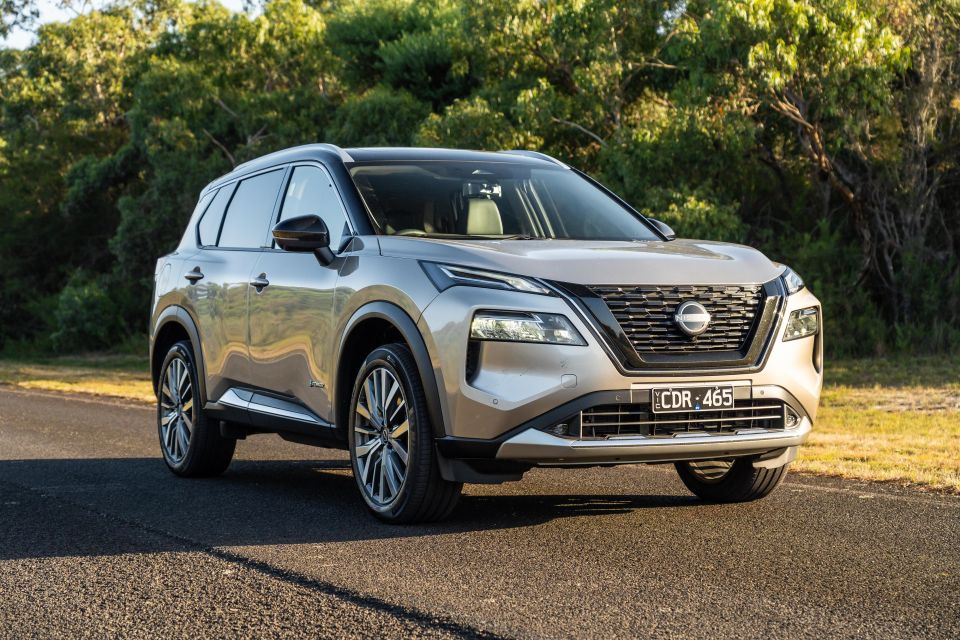
Nissan sales have declined in the crucial US market, while sales in China have also hit a bump.
In response to declining global sales, Nissan confirmed it plans to “advance the introduction” of “new energy vehicles” (hybrids and electric vehicles) in China, as well as plug-in hybrids and e-Power hybrid models in the US.
Nissan announced earlier this month it plans to cut global production capacity by 20 per cent and axe 9000 jobs to “stabilise and right-size” the business, after consolidated operating profit for the first half of Japanese fiscal year 2024 fell 303.8 billion yen (~A$3bn) to 32.9 billion yen (~A$334 million).
That saw Nissan record an operating profit margin of just 0.5 per cent.
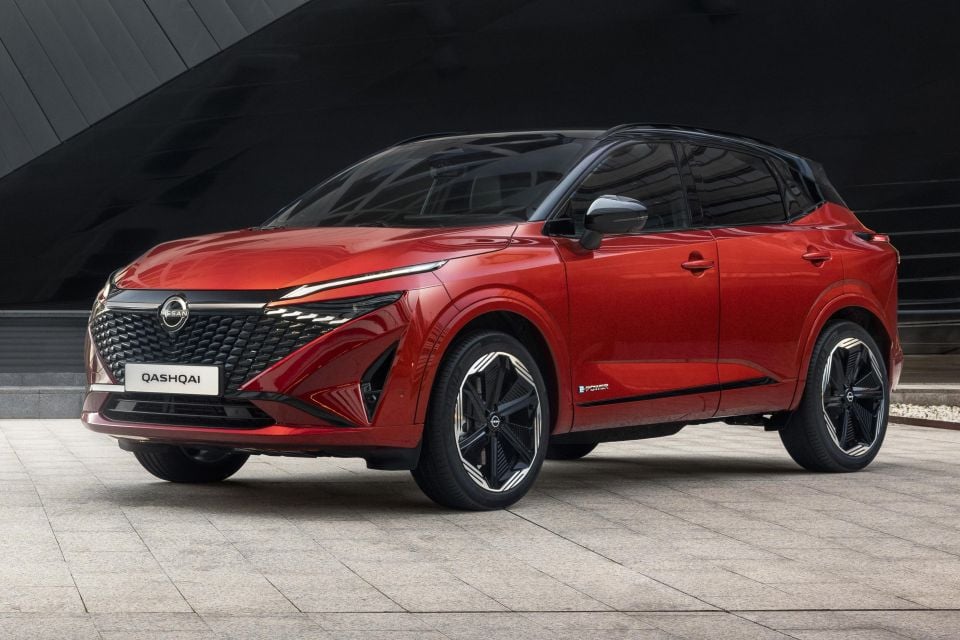
“These turnaround measures do not imply that the company is shrinking. Nissan will restructure its business to become leaner and more resilient, while also reorganising management to respond quickly and flexibly to changes in the business environment,” said Nissan CEO Makoto Uchida at the time.
The CEO also announced he would voluntarily forfeit 50 per cent of his monthly compensation starting from this month, with other executive committee members also taking a pay cut.
While Nissan has said it plans to continue collaborating with Renault, in August it signed a memorandum of understanding with Honda (as well as Mitsubishi) “to jointly discuss a framework for further intelligence and electrification of automobiles” that could bring about synergies and “new business opportunities”.
Nissan and Honda, in a subsequent press release, have confirmed they will “consider supplementing models from a short-term to medium- to long-term perspective”, suggesting there’ll be some platform-sharing between the two brands.
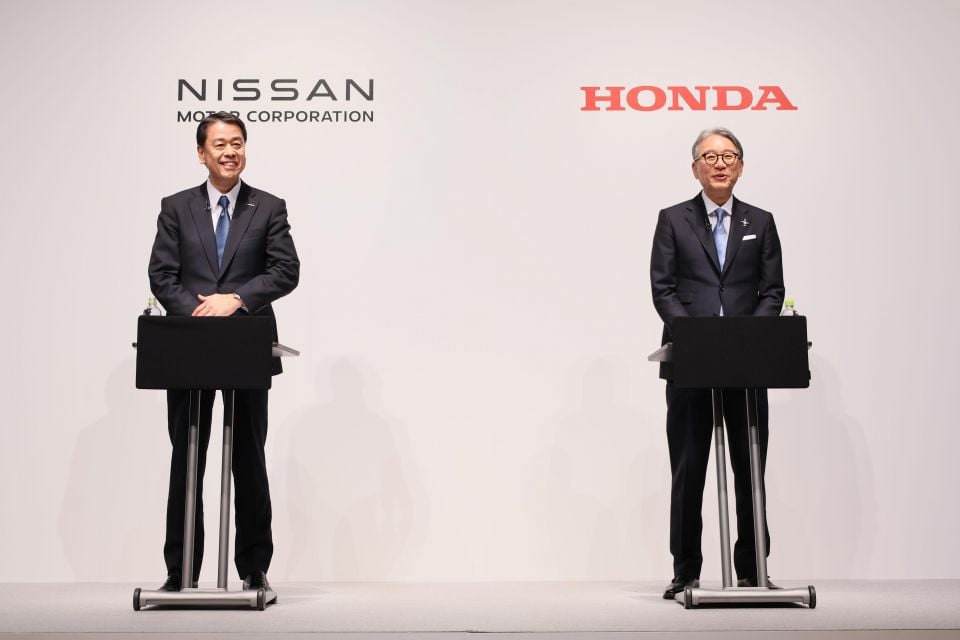
There’s no mention of Mitsubishi in this, however the three-diamond brand already shares platforms with Nissan.
In the short term, Honda and Nissan have reached an agreement on models and regions to be complemented by each company, with both companies agreeing on the outline of a “product review system”.
This includes not only EVs but also combustion-powered vehicles.
The Nissan and Honda partnership will also see the firms work together on a next-generation “software-defined vehicle” (SDV) platform; share electric motors and inverters; and collaborate on batteries.
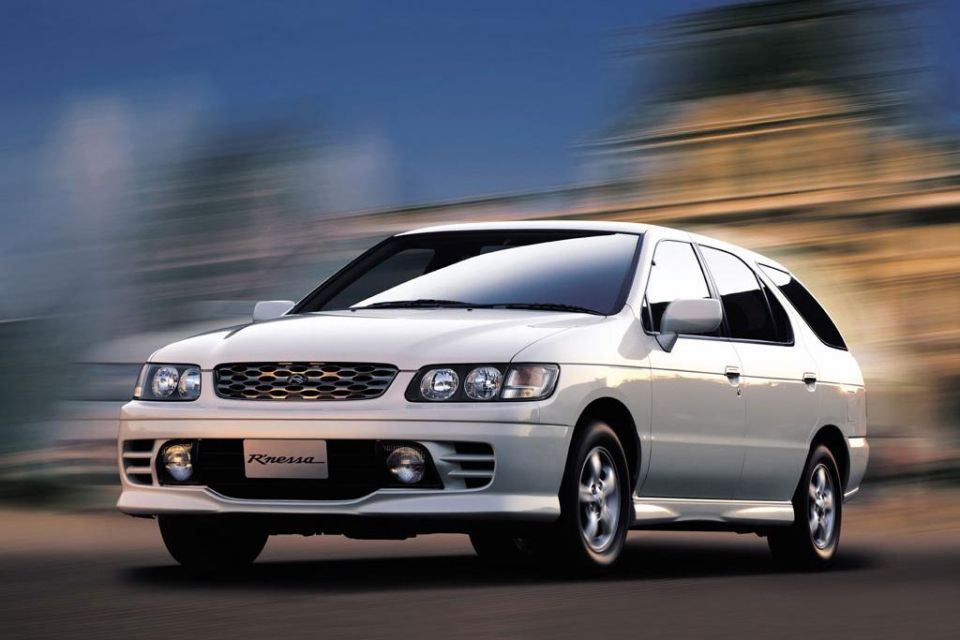
Japan’s Ministry of Economy, Trade and Industry has long dreamed about a partnership or merger between Honda and Nissan, however Honda’s strong desire for independence and Renault’s controlling stake in Nissan have prevented this from ever happening.
Renault and Nissan first established their Alliance in 1999, with the French carmaker helping bring its Japanese counterpart back from the brink of bankruptcy in acquiring a 36.8 per cent stake.
Renault executive Carlos Ghosn became Nissan’s chief operating officer in 1999, and subsequently became its president in 2000 and its CEO in 2001.
Under his leadership, he axed vehicles, closed factories and restored Nissan to profitability. In 2009 he was also appointed CEO of Renault.
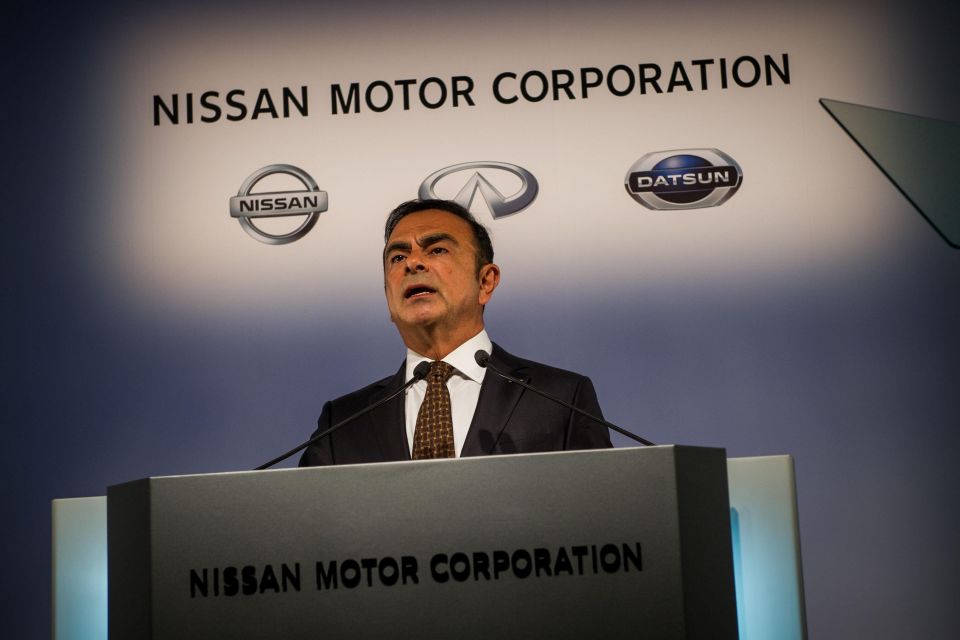
However, Renault and Nissan’s relationship has proved fractious over the years, not least because Mr Ghosn was terminated by the latter in 2018 for alleged financial misconduct.
Tensions had grown between the two partners over the years, particularly as Nissan became the dominant generator of profits and sales.
Despite this, there were reportedly suspicions within Nissan that Mr Ghosn or the French government, which owned a 15 per cent stake in Renault, wanted to merge the two automakers.
MORE: Nissan to cut jobs, reduce Mitsubishi stake as profits evaporate MORE: Honda, Nissan, Mitsubishi join forces on electrification MORE: Renault begins selling off stake in Nissan MORE: Renault agrees to limit influence at Nissan, details new joint projects
Where expert car reviews meet expert car buying – CarExpert gives you trusted advice, personalised service and real savings on your next new car.
William Stopford is an automotive journalist based in Brisbane, Australia. William is a Business/Journalism graduate from the Queensland University of Technology who loves to travel, briefly lived in the US, and has a particular interest in the American car industry.


Paul Maric
6 Days Ago
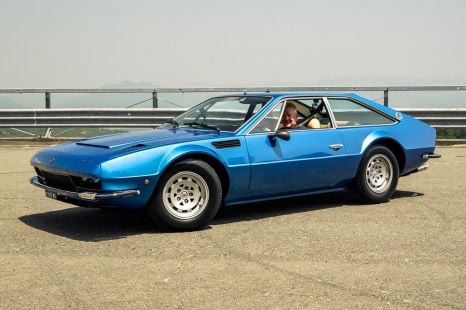

Anthony Crawford
5 Days Ago
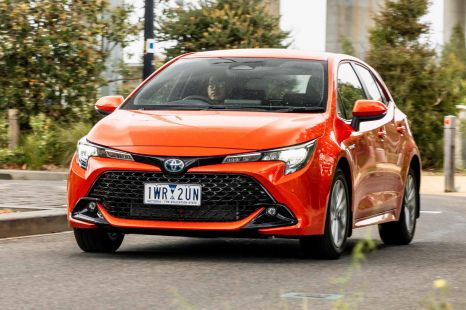

Max Davies
4 Days Ago
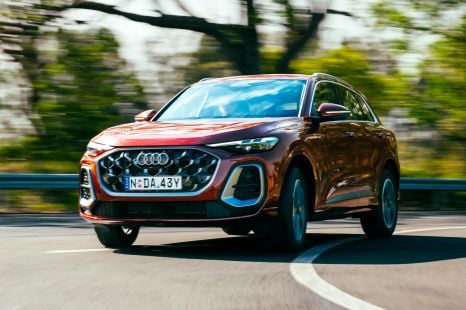

James Wong
3 Days Ago
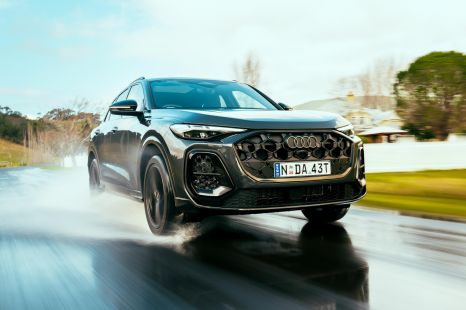

James Wong
2 Days Ago
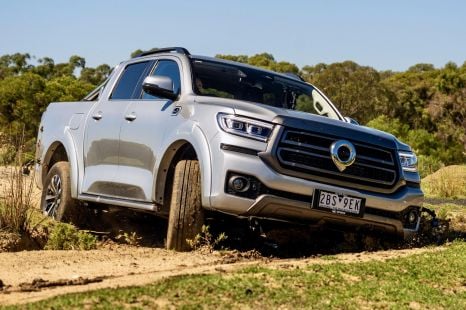

Max Davies
1 Day Ago